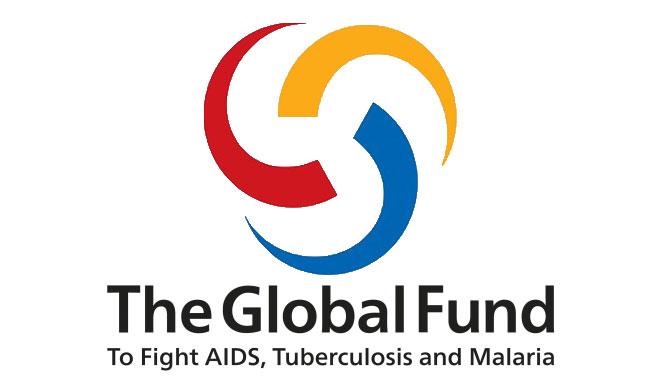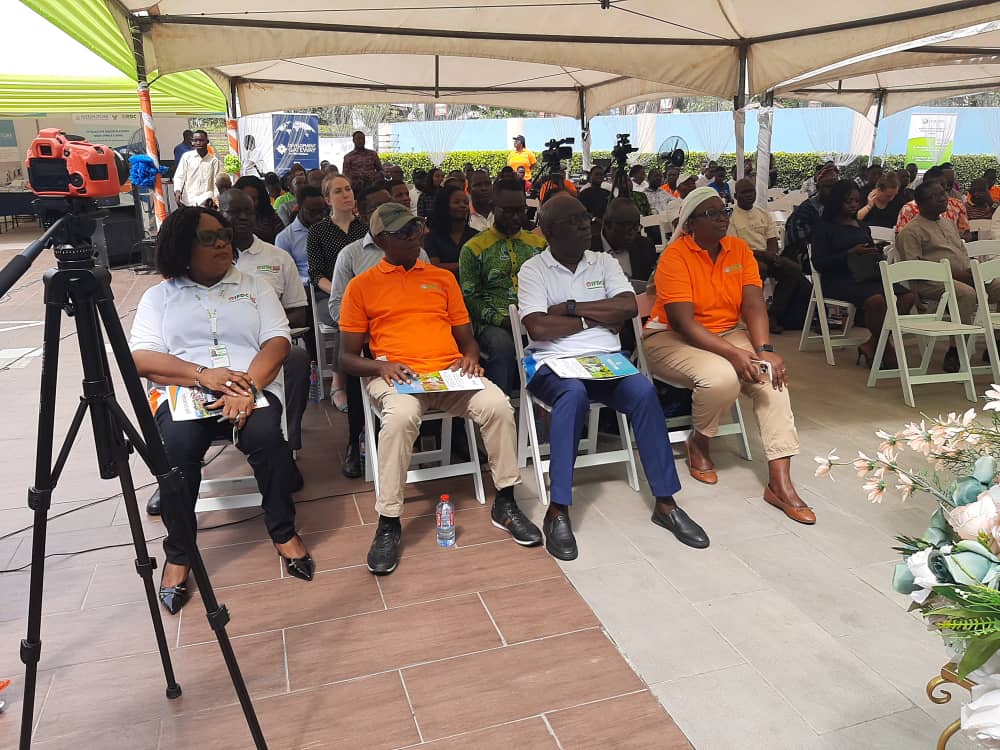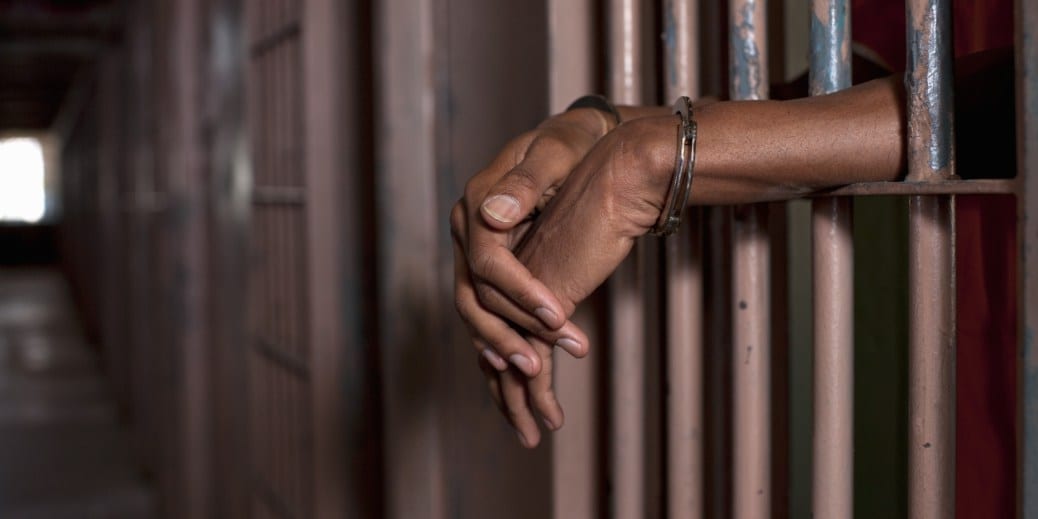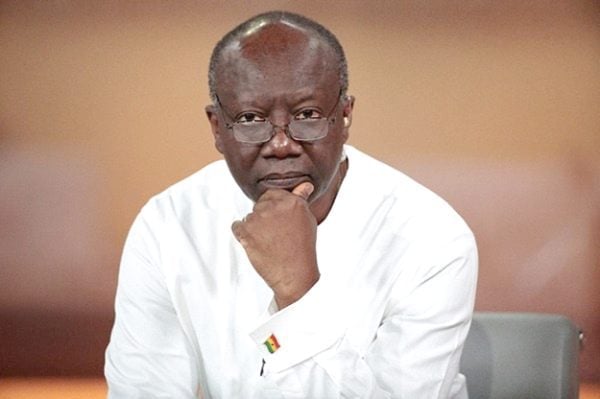

 Dr Nicole Delaney, Senior Fund Portfolio Manager of The Global Fund, has called on the government to address the challenges affecting Ghana’s HIV and AIDS response and future financing obligations.
Dr Nicole Delaney, Senior Fund Portfolio Manager of The Global Fund, has called on the government to address the challenges affecting Ghana’s HIV and AIDS response and future financing obligations.
He said that the lack of funding had hampered past progress and the attainment of the UNAIDS 95-95-95 target.
Dr Delaney made the call at the first National HIV and AIDS Sustainability Dialogue organised by the Ghana AIDS Commission (GAC) in Accra.
The dialogue aims to explore various innovative funding approaches, highlighting the many partnerships needed to leverage donors and private sector entities, and to assist in prioritizing resource allocation on evidence-based strategies to ensure a sustainable financial future.
It would also look at essential aspects of sustainability across multiple dimensions of systems, policies, programmes, and services.
Dr. Delaney emphasized that to address the fundamental concerns affecting the programmatic and financial sustainability of the national HIV response, appropriate planning was required.
She said the government must fulfill its commitment to obtain critical health commodities.
Dr Delaney said over 270,000 persons on Antiretroviral medications in Ghana risk treatment disruption due to an imminent stock-out as drugs get stuck in the port.
She said that this was a critical public health issue because the country’s current ARV inventory would only last until May 2024.
“This means that from May the over 270,000 persons on ARVs would have their treatment disrupted due to stock-out,” she said.
Dr. Delaney said this would aggravate the public health concern and increase the cost of treating those who may develop resistance to first-line treatment.
She said the Global Fund grants were structured around government commitments, and as such, the Ministry of Health committed to obtaining $17 million to cover 12 months of the 2023-2024 ARV and signed contracts in September 2023 to that end.
However, the ARVs have yet to arrive, and “we do not know where they are,” Dr. Delaney said.
She said that the Ghanaian government needs access to ARTs, sustainable products finance, planning for important HIV commodities, and addressing the increase in stigma and discrimination.
“The above are foundational challenges that need to be addressed for today’s HIV activities, to realistically address future financing questions.” She added.
Dr Kyeremeh Atuahene, the GAC’s Director General, stated that the dialogue provided an opportunity to discuss how the sustainability roadmap could help reach the 2025 and 2030 targets, while also having a long-term impact.
He said that sustainability in the context of HIV response needed a comprehensive and integrated approach that went beyond short-term interventions to create resilient systems and structures that could endure the test of time.
“The dialogue, therefore, marked an important point in the Commission’s sustainability planning and investment case development process, which had been in the works for about five years”, he said.
According to Dr. Atuahene, the new UNAIDS guidelines drew on earlier generations’ experiences of sustainability planning.
“Therefore, the timing presents Ghana a golden opportunity to be a pacesetter in the adoption of the new generation of HIV sustainability guidelines,” he added.
Dr Atuahene said Ghana was still dependent on donors for its HIV and AIDS response who were only able to provide about a third of the annual budget.
“We are currently at a crucial moment that if we do not address the funding gap, our donors may be demotivated to continue funding the response.
“Therefore, now is the right time to talk about sustainable domestic financing for HIV and AIDS response,” he stressed.
Dr Atuahene thanked UNAIDS, the Global Fund, and the United States President’s Emergency Plan for AIDS Relief (PEPFAR) for their ongoing support of Ghana.
Mr Daniel Craun Selka, the PEPFAR Coordinator for West Africa, emphasised the importance of strong political will and active participation of people living with HIV and key vulnerable groups across multiple sectors.
He said the sustainability roadmap process would be part of PEPFAR’s two-year strategy and would help the GAC in attaining the targets set during the dialogue.
Dr Hafez Adam Taher, Director of External Health Cooperation, MOH, assured that the Government would consider the advice of the Global Fund to ensure sustainability in the HIV and AIDS response.
He admitted that HIV funding had been challenging to the country and was one of the areas the government was looking at to enhance the response.
Dr Taher said the Health Ministry would collaborate with the Ministry of Finance and GAC to achieve the HIV and AIDS target.
Source: GNA
The post The Global Fund calls on Ghana to address challenges facing HIV and AIDS response appeared first on Ghana Business News.
Read Full Story
























Facebook
Twitter
Pinterest
Instagram
Google+
YouTube
LinkedIn
RSS